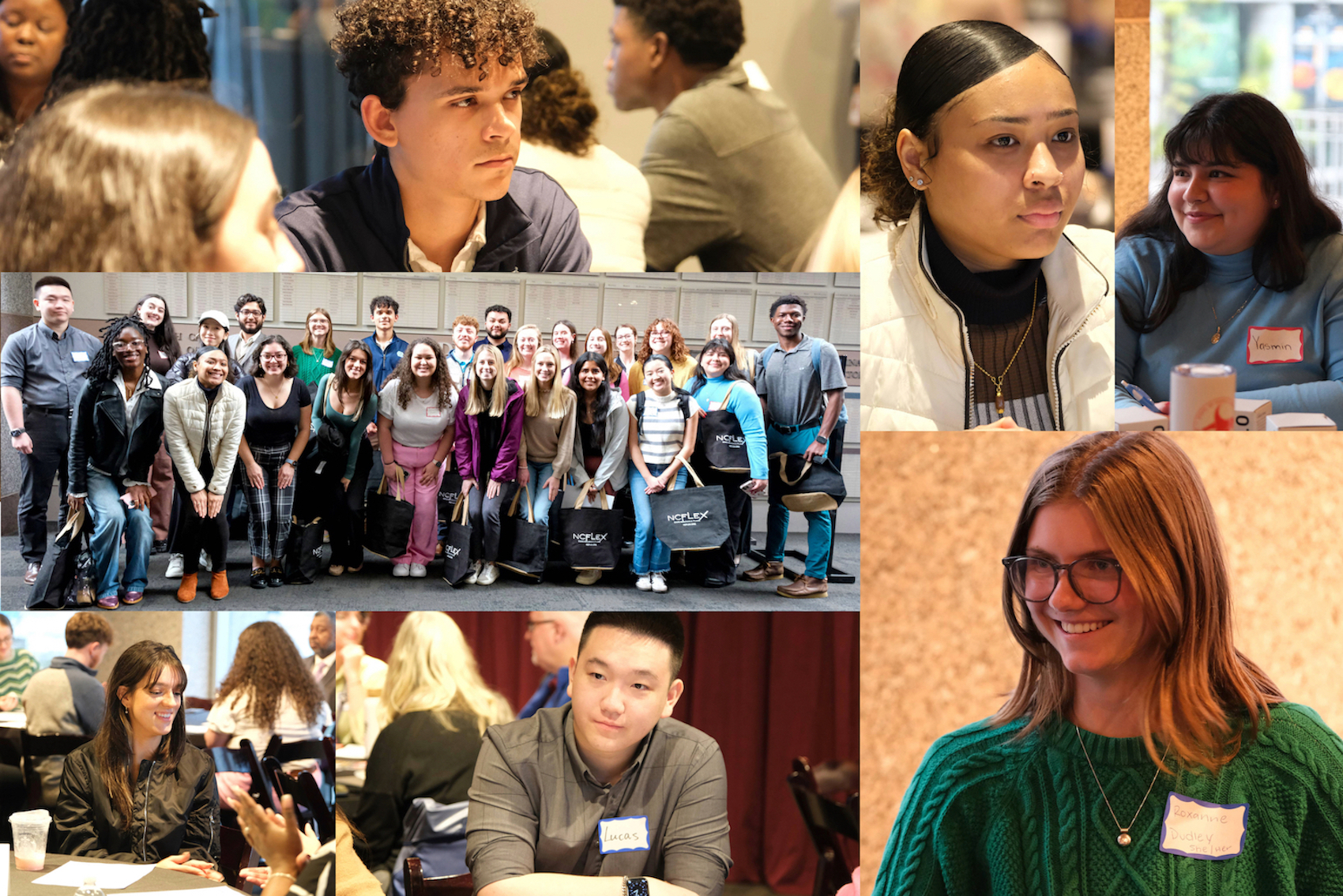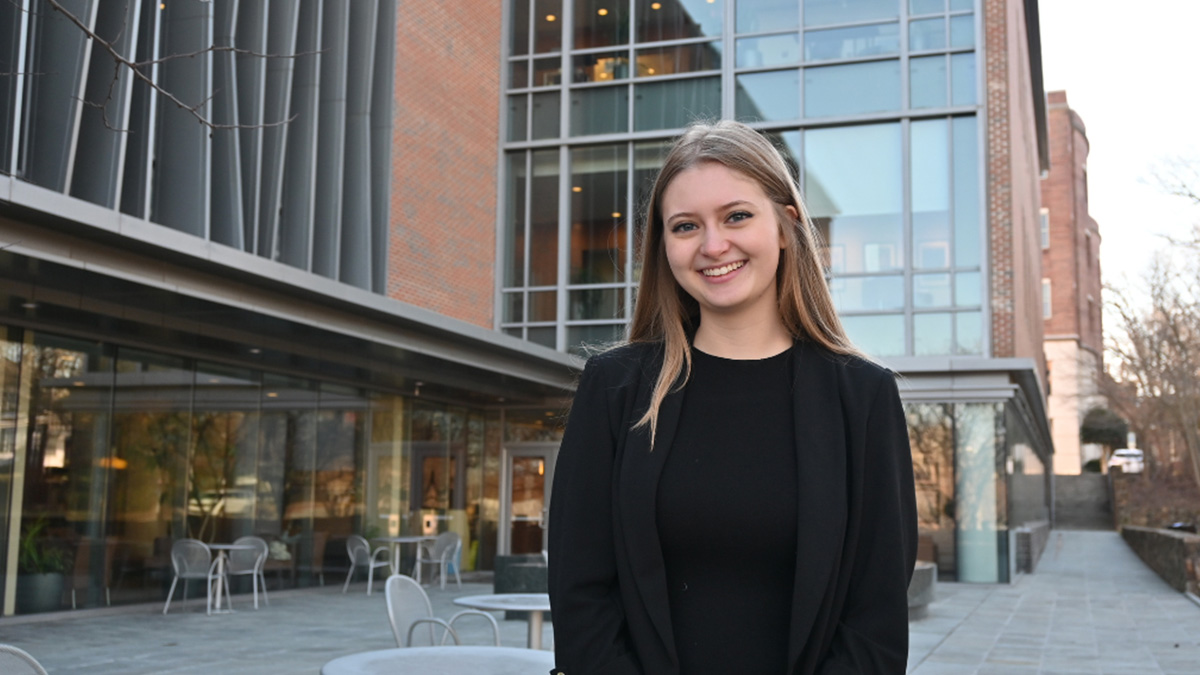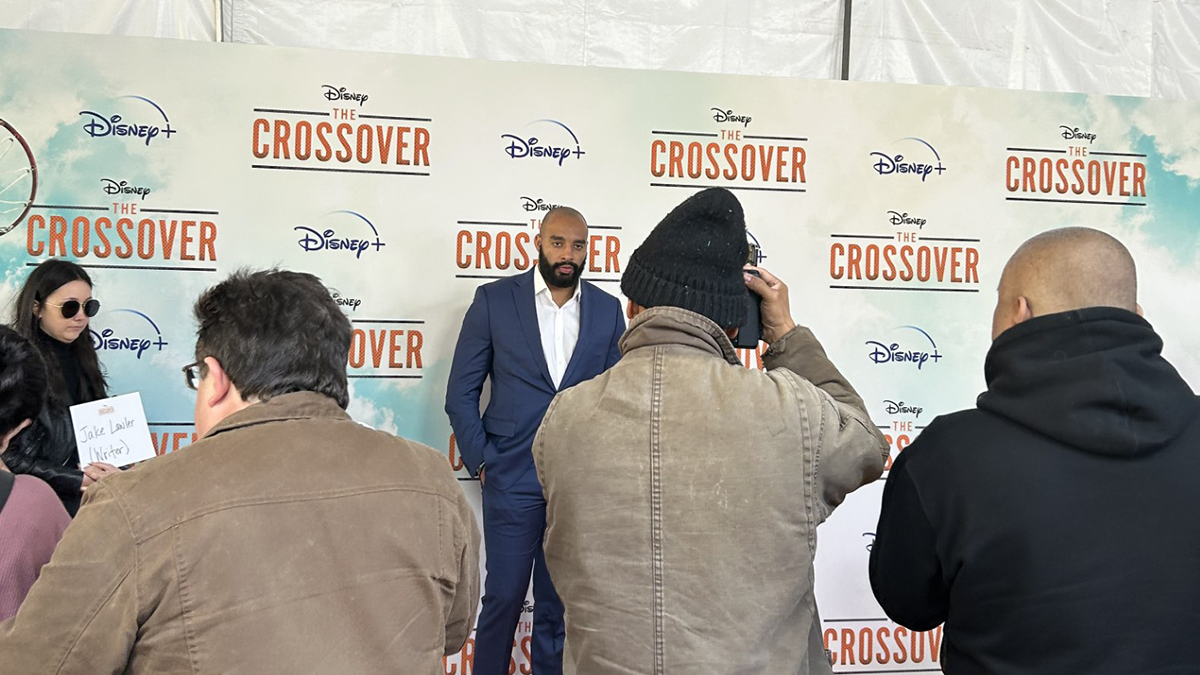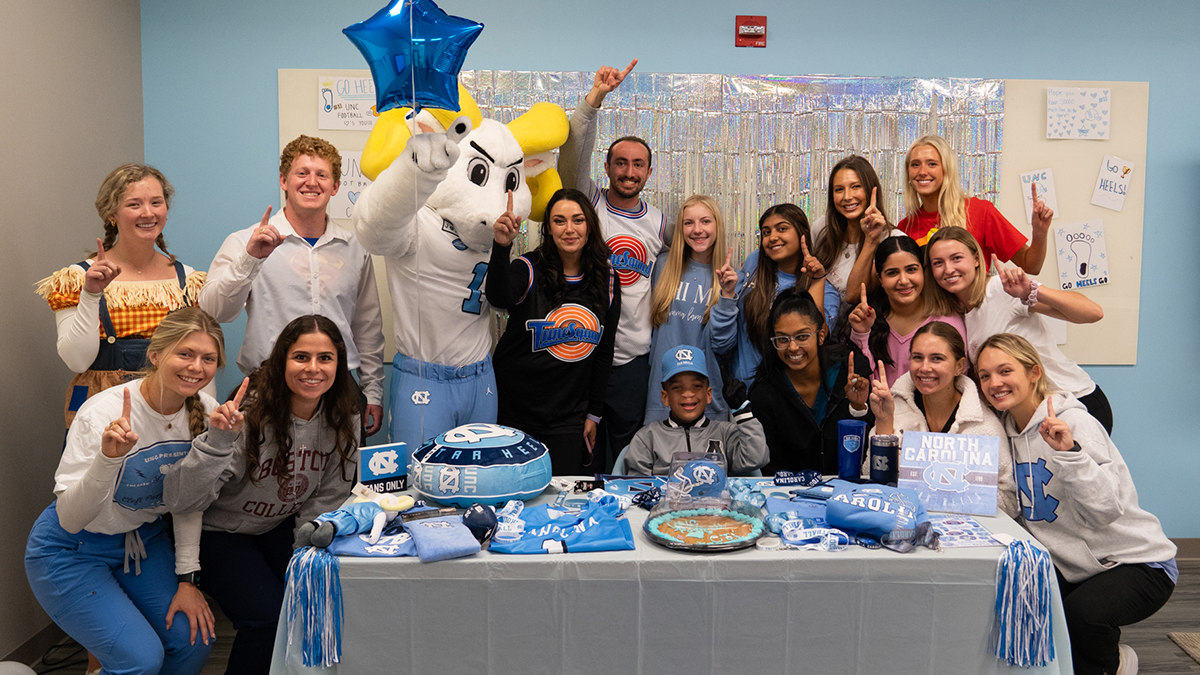Ben Jealous urges audience to ‘make the future come faster’
In his speech Jan. 24, Jealous told his audience, “I believe in the young people in this room, and I believe in the old folks in this room.”
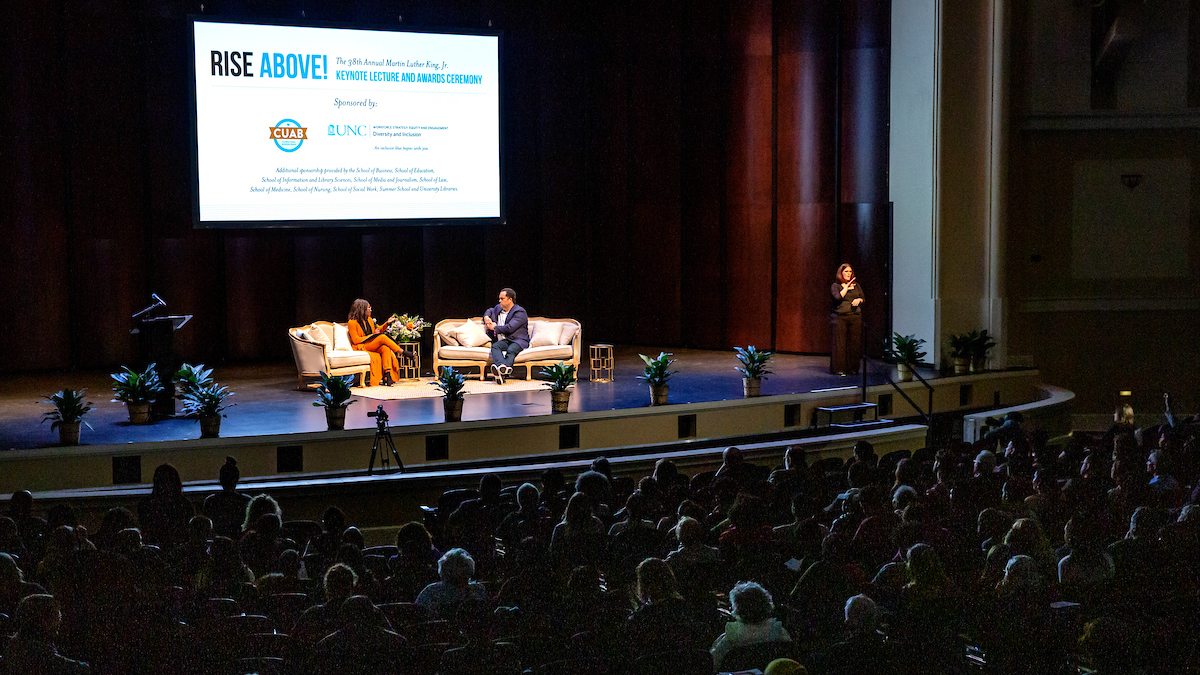
Civil rights leader Ben Jealous told the packed crowd of University leaders, students, faculty and staff in Memorial Hall that he was there to get them to think about how they could change the world for the better.
“Your question is how fast we reach that destiny and your job, our job, is to make the future come faster,” said Jealous during the 38th Annual Martin Luther King Jr. Keynote Lecture and Awards Ceremony on Jan. 24.
“That’s what good civil rights lawyers do. That’s what organizers do. We make the future come faster. And that’s what I want to talk about tonight.”
Jealous, who at the age of 35 became the youngest NAACP president in its history, shared the admonition he received from his grandmother when he sought her counsel at the age of 21.
“She got quiet and said, ‘It is sad but it is simple. We got what we fought for, but we lost what we had.’”
Her words still ring true today, said Jealous, who went on to become a renowned activist, civil rights leader, community organizer and 2018 Maryland gubernatorial candidate.
“It’s not enough to know what you are fighting for — you also have to be real clear what others have gained for you [that you] might inadvertently lose,” Jealous said.
It is also important, while celebrating King, to remember the important leaders who inspired King the way King inspires us, Jealous said. Among them was Frederick Douglass, who became a social reformer, abolitionist, orator, writer and statesman after escaping slavery in Maryland.
“He was Dr. King’s Dr. King,” Jealous said.
Douglass said every nation has a destiny based on the character of the nation at its best, not at its worse. He wrote about conspiring to one grand end to “make us the perfect national illustration of the unity and dignity of the human family that the world has ever seen.”
The work of creating such a country belongs to each of us, Jealous said.
To make that point, Jealous told the story of Jotaka Eaddy, the first African-American woman elected student body president at the University of South Carolina. Her work on an advocacy campaign against the death penalty for juveniles contributed to the U.S. Supreme Court abolishing the practice. She was 25 when that happened, Jealous said.
Now affiliated with the Silicon Valley venture capital firm Kapor Capital, Jealous works to further the goal of growing opportunities for minorities in the tech economy. He also continues to talk to as many people as he can to remind them of the unfinished work for the country, he said.
“The reason I still go out and give these speeches is because I believe in the young people in this room, and I believe in the old folks in this room,” Jealous said. “I believe in that destiny that Frederick Douglass spoke about, that Dr. King pursued and gave his life for.”

